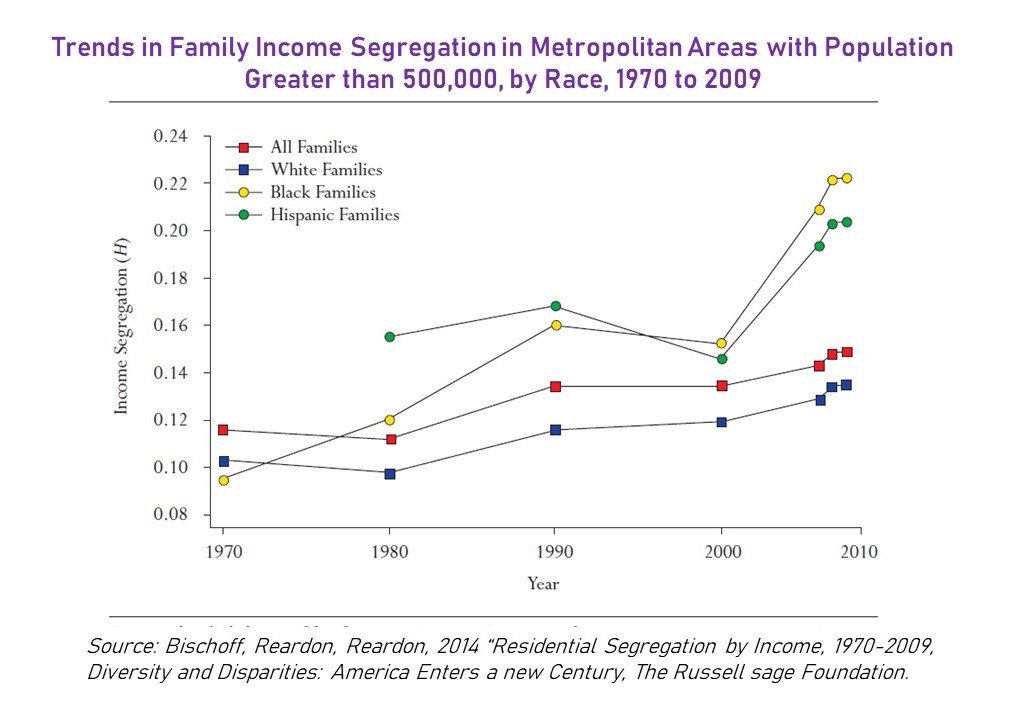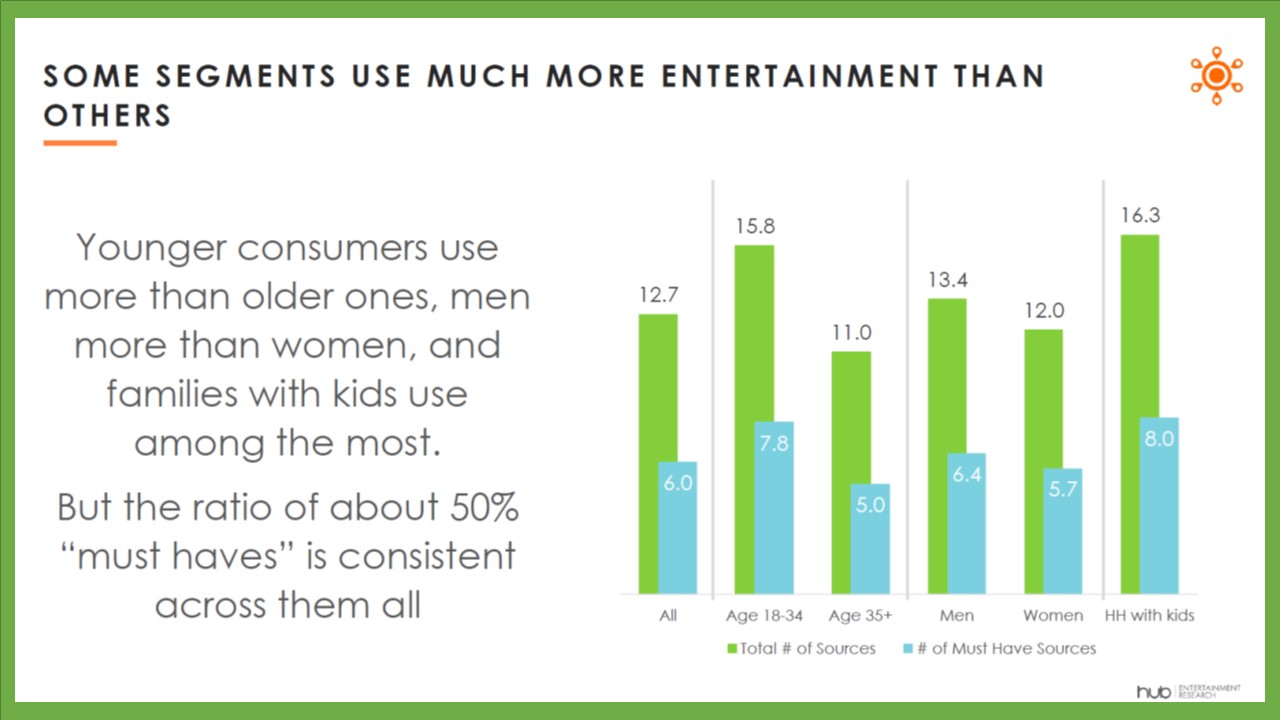Industry News
SELECTED ITEMS OF INTEREST TO THE MEDIA COMMUNITY
“Community” comes at a price

As affiliation with religious institutions and availability of other accessible, affordable gathering places has declined, inaccessible and expensive activities have increasingly become the basis for community. That trend is also evident where media and news products attempt to engage their readers and users by creating "community" around their stories and content, with the most engaged communities built around niche products and special interests.
In an interview with Vox, an academic says the "privatization of community" has led to a dramatic divide in the social connectedness of the rich and the isolation of the poor. Other findings by Harvard Kennedy School Fellow Sam Pressler include:
- During the past 50 years, the proportion of families living in poor or affluent neighborhoods doubled, while the proportion living in middle-income neighborhoods declined by more than one-third.
- In affluent neighborhoods of well-educated people with disposable income, an abundance of "pay-to-play" activities such as SoulCycle, pottery studios, and pricey cafés and bars offer the promise of community -- for a price.
- There has been a concurrent dramatic decline in availability of free or low-cost accessible spaces and institutions in poor neighborhoods. Even team sports in school have moved from being free to often requiring fees, which in many cases are beyond the means of parents.
Pressler also suggests that having large groups of people disconnected from community may also be a contributing factor in a rise of authoritarianism.
Go here to read the complete Vox interview.
#media #strategy #consulting
What does “loyalty” really mean to consumers of news?

A new study has concluded that consumer loyalty to journalism sites is less about actions than about feelings. The research, published in Journalism Studies, found that loyalty to a news source was not tied to regular use. Some respondents felt loyalty to sources they rarely used, while others felt little or no loyalty to sites they rely on regularly. Many of the direct actions publishers assume are tied to loyalty -- liking, subscribing, and donating -- were not necessarily viewed by users as expressions of loyalty. Instead, news consumers described loyalty in terms of adapting to changes made by their sources of news, tolerating things they didn't enjoy, and forgiving mistakes. Other findings of the study, "How Loyalty Works: Why Do People Continue Their Relationship with Journalism," include:
- Loyalty is often limited by differences in political alignment and doubts about credibility.
- Even when there is significant trust in a news source, many users find its serious nature makes them feel distant.
Go here to read the full Journalism Studies report.
#media #strategy #consulting
Can there be too much entertainment?

A survey of 3,000 consumers found that across all demographics respondents consider only half of their household sources of entertainment to be “must-haves.” And while budget is a major factor in determining how many entertainment sources people acquire, a limit based on how many they would actually use regardless of cost was also cited. Other findings in the Hub Research study, which was completed in March of this year, include:
- Almost three-fourths of consumers believe there are too many subscriptions.
- Companies should offer bundles designed to include “must-haves” popular with specific groups.
- Younger consumers use more entertainment than older ones, and men use more than women.
- Families with children use more entertainment than most other consumers.
To read more of the Hub Research study, go here.
#media #strategy #consulting